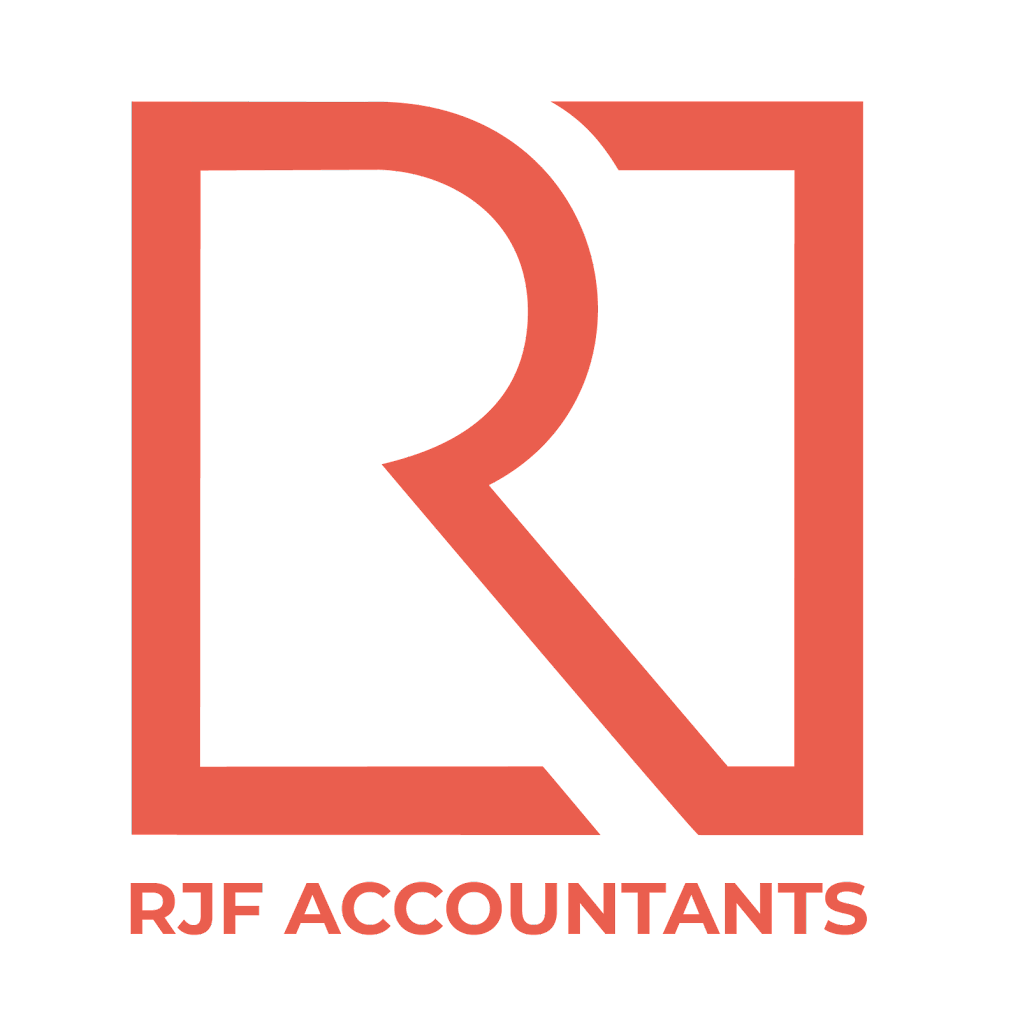Welcome to RJF Accountants’ blog. Are you puzzled about terms like trade debtors and outstanding debtors, and what these mean on your balance sheet? In today’s post, we aim to clarify what is a trade debtor, the importance of trade debtors in a balance sheet, and how understanding this concept is crucial for your financial management.
Blog Contents:
show
What Is a Trade Debtor?
A trade debtor is a customer or entity that owes your business money for goods or services provided on a credit basis. Unlike trade creditors, to whom you owe cash, trade debtors are the ones due you. This concept is central to understanding your company’s cash flow and liquidity. In simpler terms, when you look at your trade debtors on a balance sheet, you see an asset; these are amounts you expect to receive, making them a crucial part of your business’s financial health.
In accounting, the term trade debtor might also be called “accounts receivable” or “trade receivable.” Whether you’re dealing with short-term or long-term credit arrangements, knowing who your trade debtors are and what they owe can help you manage your financial risks and plan more effectively for the future.
Differentiating Between Trade Debtors and Trade Creditors
In a business’s financial landscape, debtors and creditors play pivotal roles, albeit on opposite ends of the spectrum. So what sets them apart?
- Trade Debtors: Simply put, these are the individuals or companies that owe you money for goods or services you’ve provided. When you make a sale on credit, the customer becomes a trade debtor until they settle their bill.
- Trade Creditors: On the flip side, these are the suppliers or service providers to whom you owe money. When you purchase goods or services on credit, you become the trade creditor’s debtor until you’ve paid your invoice.
Understanding the balance between your trade debtors and trade creditors is vital for maintaining healthy cash flow and financial stability. While trade debtors represent money coming into your business, trade creditors signify money going out. A well-managed relationship between the two can mean the difference between a thriving business and one that’s struggling to keep its doors open.
Types of Trade Debtors
Not all trade debtors are the same; they can be broadly categorised based on the length of credit terms you extend to them. Understanding these categories can aid in more effective cash flow planning.
- Short-Term Debtors: These are customers whose invoices are generally due within 30 days or less. Short-term debtors are common in retail or industries with fast-moving goods.
- Long-Term Debtors: These are customers with invoices due over an extended period, often several months or even years. Long-term debtors are more common in industries like construction or large-scale manufacturing where the completion of projects takes time.
Both types of trade debtors have their pros and cons. Short-term debtors can help maintain a steady cash flow, but you’ll need to monitor payments to avoid liquidity issues closely. Long-term debtors can bring in larger sums but tie up your capital for extended periods, potentially impacting your ability to take on new opportunities.
By knowing the types of trade debtors you have, you can implement tailored collection strategies to ensure you receive payments promptly, thereby maintaining healthy finances.
What Are Trade Debtors in a Balance Sheet?
If you’ve glanced at your company’s balance sheet, you’ve likely come across the term ‘trade debtors.’ But what does this mean in the context of your financial statements?
- Asset Classification: Trade debtors are classified as current assets on your balance sheet. They represent money expected to flow into the business quickly, usually within a year.
- Accounting Terms: You might also see this line item referred to as ‘accounts receivable‘ or ‘trade receivable,’ but they all mean the same thing: money owed to you by customers.
- Financial Impact: A high amount of trade debtors indicates robust sales activity. However, if these debts are not managed effectively, it can lead to liquidity issues. Conversely, a low amount might signify slow sales or highly efficient collection processes.
Understanding trade debtors in the context of your balance sheet helps you gauge your business’s liquidity and financial health. This knowledge can also inform your credit policies, collection efforts, and cash flow planning.
The Connection Between Trade Debtors and Outstanding Debtors
When managing your business’s finances, you’ll encounter not just trade debtors but also a specific subset known as outstanding debtors. So, what sets the two apart, and why is it crucial to differentiate between them?
- Outstanding Debtors: These are trade debtors who have not yet paid their invoices by the agreed-upon deadline. In essence, all outstanding debtors are trade debtors, but not all trade debtors are outstanding.
- Cash Flow Impact: Outstanding debtors can significantly affect your cash flow, leading to liquidity issues if not actively managed. It’s crucial to monitor this group and employ appropriate collection strategies.
- Financial Risk: The longer a debtor remains outstanding, the higher the financial risk to your business. Late or missing payments can lead to disruptions in your operations and can also indicate a potentially unreliable customer.
Understanding the relationship between trade debtors and outstanding debtors is crucial for effective cash flow management. A failure to collect from outstanding debtors can create a domino effect of financial challenges, so active management is critical.
What Is Debtors vs. What Is a Debtor
You’ll often hear the terms ‘debtors’ and ‘debtor’ used interchangeably in business finance. While they may seem similar, subtle differences are important for precise financial record-keeping and communication.
- What Is Debtors: This term refers to the collective group of individuals or entities that owe your business money. When you look at your balance sheet, ‘debtors’ will often represent the sum total of money expected to flow into your business from sales made on credit.
- What Is a Debtor: On the other hand, this term zeroes in on a single individual or entity that owes you money. For instance, if your business provided services to Company X on credit, then Company X would be considered a debtor.’
Understanding the distinction between these terms can offer clarity when discussing your business’s finances, whether you’re working with your accounting team, strategising for cash flow, or negotiating with external stakeholders. Being precise with terminology can make your financial management more effective and transparent.
Actionable Tips for Managing Trade Debtors
Managing your trade debtors is vital for maintaining a healthy cash flow and reducing financial risks. Here are some actionable tips that you can implement immediately to stay on top of your accounts receivable.
- Credit Checks: Before entering into any credit agreement with a new customer, always run a thorough credit check. This can help you assess the financial stability of the potential trade debtor.
- Clear Terms and Conditions: In all contracts or agreements, make sure you clearly outline the payment terms. This not only sets the expectations right but also provides a legal footing should disputes arise.
- Frequent Reminders: Don’t wait until a payment is late to send a reminder. Automated reminders for upcoming and overdue payments can keep the cash flowing and minimise the number of outstanding debtors.
- Legal Action: Be prepared to take legal steps for recovering large unpaid sums. While this should be a last resort, knowing when and how to initiate this can save your business from significant losses.
By applying these actionable tips, you’ll be better equipped to manage your trade debtors effectively, thus ensuring a more stable and profitable business operation.
Summary
Understanding trade debtors is essential for effective financial management and robust cash flow. Today, we’ve delved into what a trade debtor is, the crucial distinction between trade debtors and creditors, and the connection with outstanding debtors. We’ve also offered actionable tips to help you manage your trade debtors efficiently. By grasping these concepts, you’ll be better equipped to navigate the financial landscape of your business successfully.
How Can RJF Accounting Help?
RJF Accounting has accounting teams based in Manchester and Macclesfield, ready to help you with all your accounting and tax advice needs. We offer general accounting and personal accounting services, but our specialist field is startups and all that entails!
So, if you are looking for an accountant for your startup business, get in touch today! If you want to know more about how we can help you, speak to the team today about our services. You can call the team on 0161 5040629 or email us at hello@rjf.uk.com to see if we can help you get your plans off the ground! We are open Monday to Friday, 9 am – 5 pm!

